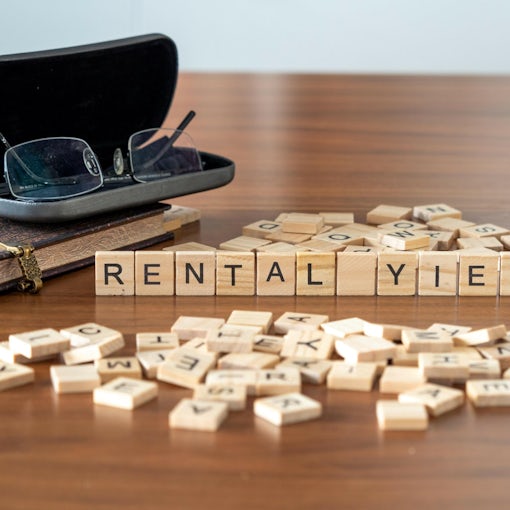An end to the ‘overall arrangements’ which have limited the ability of landlords to regain possession of their properties during the Coronavirus pandemic has been announced by Master of the Rolls, Sir Geoffrey Voss. Landlords have experienced differing levels of restrictions throughout the pandemic. One of the most difficult aspects for landlords to contend with was the fact that from March 2020, the courts were closed completely for six months meaning that a halt was placed on evictions.
Another complication for landlords was the number of new procedures that were introduced when the courts reopened in September 2021 which, when combined with the sheer backlog of cases presented to the court, led to landlords seeing significant delays in gaining possession of their properties.

What Changes Have the End to The Arrangements Brought?
The announcement by Sir Voss sees courts no longer needing to schedule two separate hearings (review hearing and a substantive hearing) before being having the ability to issue a possession order. Landlords will now only have one hearing, the scheduling of which should be within eight weeks of a claim.
Cases will also be scheduled based on when the claim was made. This is opposed to the scheduling based on the circumstances of the case. This will be a relief for landlords who had served Section 21 notices, as they were pushed to the lowest of priority.
As a reminder current notice periods for repossessions are:
- Section 21 or Section 8 using any of grounds 1, 2, 5, 6, 7, 9 or 16 – two months and cannot expire before the end of the fixed term
- Section 8 using the rent arrears grounds (8, 10 and 11) – two weeks
- Section 8 using grounds 3, 4, 7b, 12, 13, 14A, 15 or 17 – two weeks
- Section 8 using ground 7a (anti-social behaviour with a conviction) – One calendar month
- Section 8 using Ground 14 (the discretionary ground for anti-social behaviour) – Immediately after the notice counts as served (usually 24 hours)
The removal or restrictions come as welcome relief to landlords who have been delayed in their ability to gain possession of their property. We would, however, always encourage a landlord to engage pro-actively and openly with their tenant to try to avoid the need for repossession.
Further information can be found on the Government website and the NRLA website. If you would like to read the full statement from Sir Geoffrey Voss, it can be found here.






